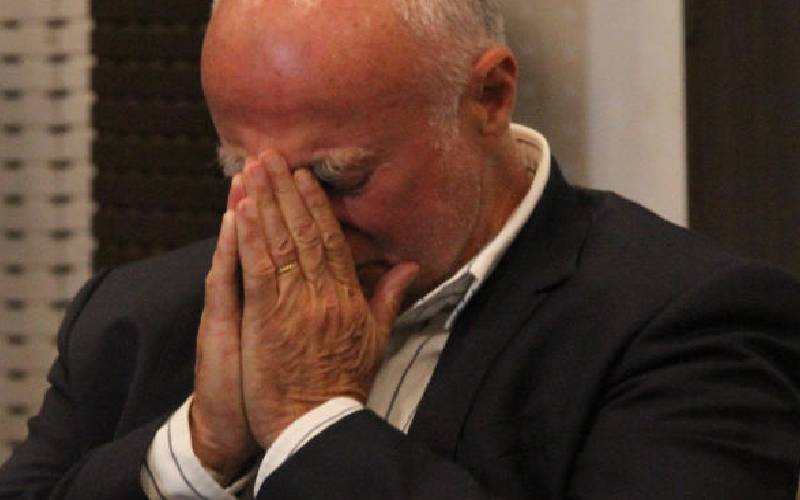×
The Standard e-Paper
Fearless, Trusted News

When Bob Collymore took over at Safaricom, many people wondered whether he would fit in the shoes of his predecessor Michael Joseph.
Collymore did not seem to like the question and often told journalists he had no intention of fitting in anyone’s shoes but his own.